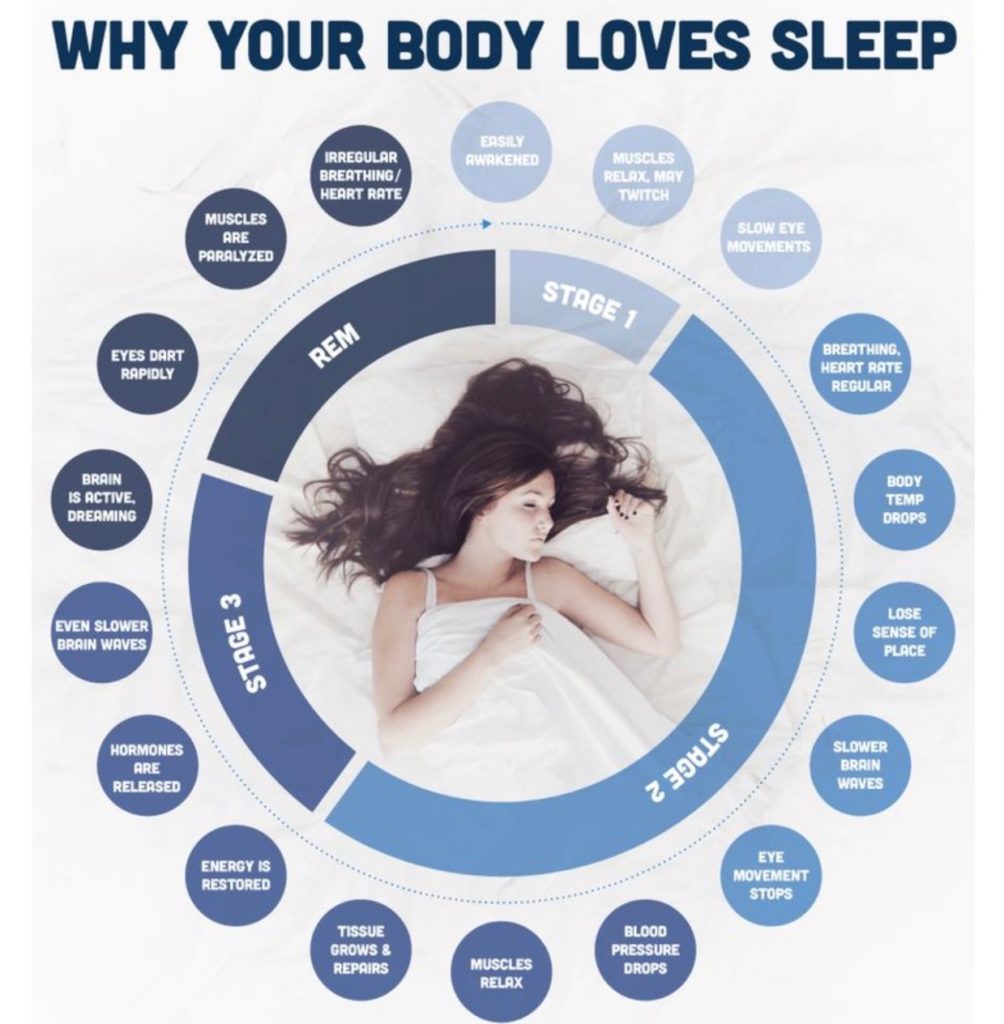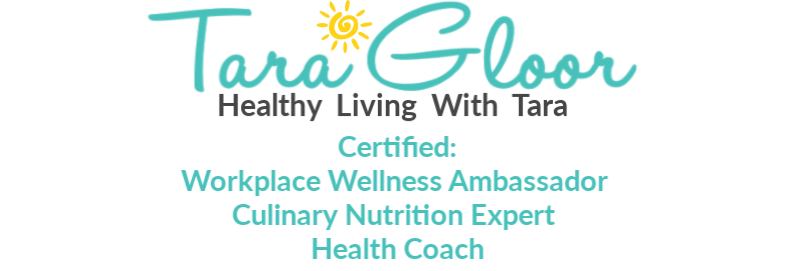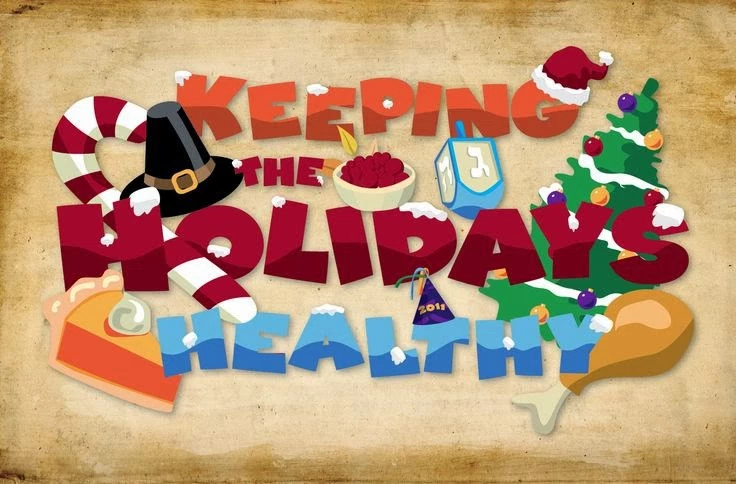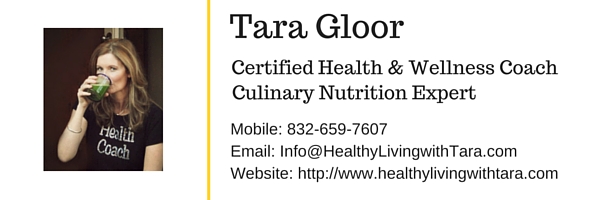
Bye Bye Sleeping Through The Night
Have you said “bye bye” to sleeping through the night?
Are you feeling exhausted or “running on stress hormones” all day?
The science of sleep is fascinating, complicated and growing
Sleep is this daily thing that we all do and yet we’re just beginning to understand all of the ways it helps us and all of the factors that can affect it.
Lack of sleep affects just about everything in your body and mind. People who get less sleep tend to be at higher risk for so many health issues like diabetes, heart disease, and certain types of cancer; not to mention effects like slower metabolism, weight gain, hormone imbalance, and inflammation. And don’t forget the impact lack of sleep can have on moods, memory and decision-making skills.
Do you know that lack of sleep may even negate the health benefits of your exercise program?
Knowing this it’s easy to see the three main purposes of sleep:
- To restore our body and mind. Our bodies repair, grow and even “detoxify” our brains while we sleep.
- To improve our brain’s ability to learn and remember things, technically known as “synaptic plasticity”.
- To conserve some energy so we’re not just actively “out and about” 24-hours a day, every day.
Do you know how much sleep adults need? It’s less than your growing kids need but you may be surprised that it’s recommended that all adults get 7 – 9 hours a night.
Try not to skimp!
Tips for better sleep
- The biggest tip is definitely to try to get yourself into a consistent sleep schedule. Make it a priority and you’re more likely to achieve it. This means turning off your lights 8 hours before your alarm goes off. Seven. Days. A. Week. I know weekends can easily throw this off but by making sleep a priority for a few weeks your body and mind will adjust and thank you for it.
- Balance your blood sugar throughout the day. You know, eat less refined and processed foods and more whole foods (full of blood-sugar-balancing fiber). Choose the whole orange instead of the juice (or orange-flavoured snack). Make sure you’re getting some protein every time you eat.
- During the day get some sunshine and exercise. These things tell your body it’s daytime; time for being productive, active and alert. By doing this during the day it will help you wind down more easily in the evening.
- Stop your caffeine and added sugar intake after 12pm. Whole foods like fruits and veggies are fine, it’s the “added” sugar we’re minimizing. Yes, this includes your beloved chai latte. Both caffeine and added sugar can keep your mind a bit more active than you want it to become evening.
- Have a relaxing bedtime routine that starts 1 hour before your “lights out” time (that is 8 – 10 hours before your alarm is set to go off). This would include dimming your artificial lights, turning off the computers and perhaps reading a book or having a bath.

Sleep isn’t just important for your mind and body to have energy and be alert. Lack of sleep can contribute to serious health issues which you don’t want. Take the time to relax and regenerate. To heal and repair.
References:
http://www.thepaleomom.com/gotobed/
http://www.precisionnutrition.com/hacking-sleep
Thanks for reading and keep well,








